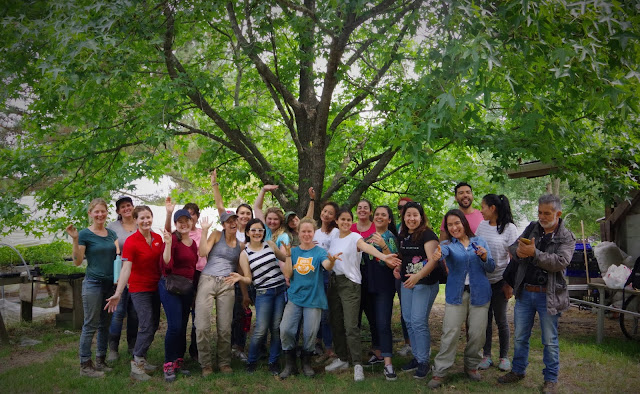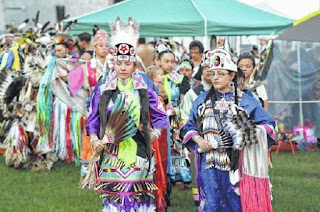Women Farmers are Earth’s Most Devoted Protectors

Much like women’s key roles in significant historic events have often been ignored and invisible, a semester in P1tLab engaging with women farm tourism microentrepreneurs has taught me that women farmers are a largely invisible army in our society’s fight for a sustainable future. I was delighted to learn that women farmers are moved by the beauty of nature and the liberating feeling of being surrounded by it. Indeed, I found that many women are turning to farming as a way to take their livelihoods into their own hands so that they can make a difference to their families, communities and our planet Earth. Moreover, their respect for nature and love for their land seem to grow when their micro-agribusinesses thrive - they strive to build a livelihood that nurtures and does no harm. This finding is particularly encouraging to me because throughout my time studying environmental science at NC State I learned about the shockingly harmful practices prevalent in large-scale farms. It is
